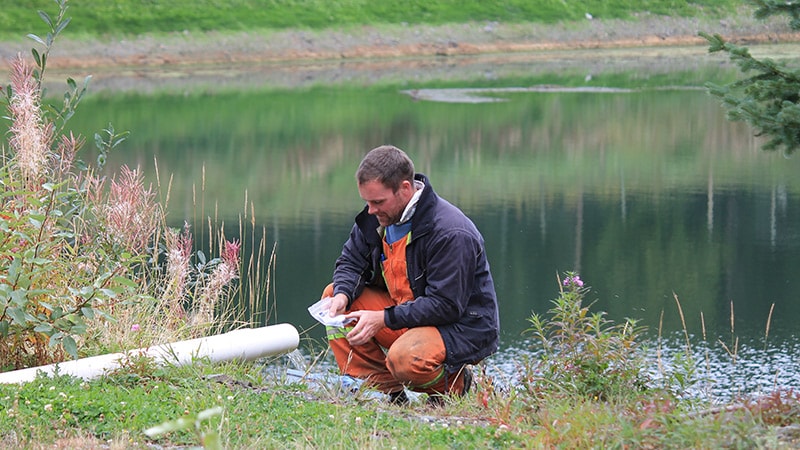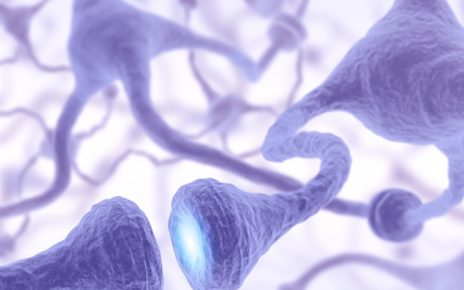Editor’s note: Find the latest COVID-19 news and guidance in Medscape’s Coronavirus Resource Center.
Scientists think that a person in Ohio who has been infected with COVID-19 for 2 years is shedding thousands of times more of the virus than normal, according to wastewater monitoring data. The strain of the virus appears to be unique, the researchers said.
The mutated version of the virus was discovered by a team of researchers, led by University of Missouri virologist Marc Johnson, PhD, that has been studying standalone mutations identified in wastewater. On Twitter, Johnson said their work could help warn people of a potential risk.
“If you knew of an exposure of a group of people to a deadly disease, there would be an obligation to inform them,” he wrote.
He believes the infected person lives in Columbus, works at a courthouse in a nearby county, and has gut health problems. The county where the person works has a population of just 15,000 people but had record COVID wastewater levels in May, The Columbus Dispatch reported. The unique COVID strain that Johnson is researching was the only COVID strain found in Fayette County’s wastewater.
Some of the COVID-19 vaccines are known as mRNA shots. How are they different from traditional vaccines? And do they contain the real virus?
“This person was shedding thousands of times more material than a normal person ever would,” Johnson told the Dispatch. “I think this person isn’t well…I’m guessing they have GI issues.”
Monitoring wastewater for COVID-19 is only used to inform public health officials of community levels and spread of the virus. People with COVID are not tracked down using such information.
The CDC told the Dispatch that the findings do not mean there’s a public health threat.
“Unusual or ‘cryptic’ sequences identified in wastewater may represent viruses that can replicate in particular individuals, but not in the general population,” the CDC wrote in a statement to the newspaper. “This can be because of a compromised immune system. CDC and other institutions conduct studies in immunocompromised individuals to understand persistent infection and virus evolution.”
Ohio health officials told the newspaper that they don’t consider the situation a public health threat because the cryptic strain hasn’t spread beyond two sewer sheds for those 2 years.
Johnson and his colleagues have been researching other unique COVID strains found in wastewater. They wrote a paper about a case in Wisconsin that is currently in preprint, meaning it is awaiting peer review before full publication.
In the paper, the researchers suggest some people are persistently infected, calling them “prolonged shedders.” The researchers wrote that prolonged shedders could be human or “non-human,” and that “increased global monitoring of such lineages in wastewater could help anticipate future circulating mutations and/or variants of concern.”
Earlier this year, the CDC announced it was ending its community-level reporting of COVID test data and would rely more heavily on hospitalization reports and wastewater monitoring. COVID hospitalizations dipped to 7,212 nationally last week, which is a 6% decline from the week prior, according to the CDC. That number of hospitalizations equals about two hospitalizations per 100,000 people.
Sources:
The Columbus Dispatch: “A virologist’s search for answers: Curious case of ‘cryptic COVID’ leads to Columbus area.”
medRxiv: “Tracing the origin of SARS-CoV-2 Omicron-like spike sequences detected in wastewater.”
CDC: “COVID Data Tracker, Data through June 3, 2023,” posted June 8, 2023.
Source: Read Full Article



